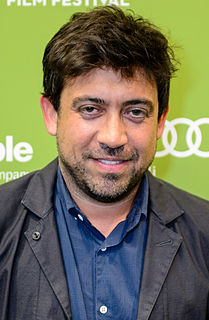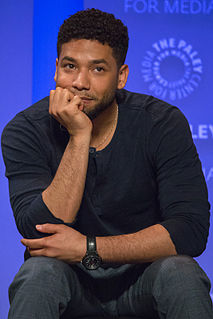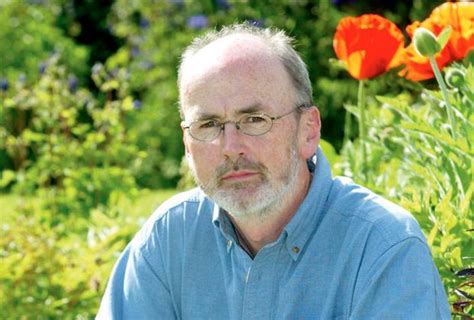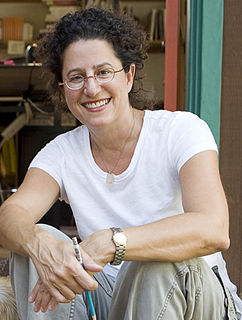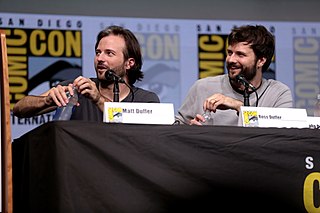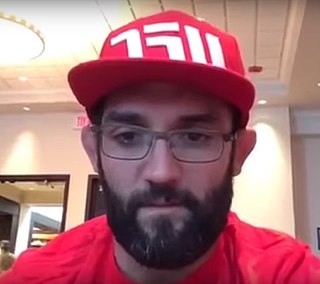A Quote by Alfonso Gomez-Rejon
At some point, you have an opportunity to not be a first-time filmmaker anymore. You can embrace the genre and show the world how you can tell stories on a bigger scale.
Related Quotes
Why do we tell stories? It's because we want to connect to people, we want to tell them who we are, we want to tell them a story that affects us, that impacts us. And to help a young filmmaker doing a short or independent film is my testament, I think, is my desire to really make sure that our younger generations get passed along all the elders' experience and to literally have the image - to literally carry them on their shoulders and say, 'This is what the world is. This is how the world operates. Let me show you how.'
What I had to do was learn how to tell stories with my pictures. At first I didn't even know what that meant because I thought I was already doing it. After all these years of drawing stories and trying to teach it, I think it boils down to a pretty simple rule: it takes time to get to know the characters in a book and the world they inhabit. My first sketches are always horrible. Stereotypical. Contrived. Generic. I have to put in the time in order to deepen them and have it all mean something.
I talk all the time about how much I read growing up and how much I love Stephen King and how he impacted my work from a genre perspective, but Pat Conroy wrote some of the most magnificent stories about characters who had to deal with dysfunctional families and try to find a place of honor in their own world and the pain of loss.
Humans are kind of story-propagating creatures. If you think of how we spend our days, think of all the time you spend on entertainment. How much of your entertainment centers around stories? Most pieces of music tell stories. Even hanging out with your friends, you talk, you tell stories to each other. They're all stories. We live in stories.
Shouldn't you be able to tell your stories from your point of view? We're dealing with that with 'Looking' where some queers are like, 'These guys are so boring! They don't represent me!' But no show can represent everything, so is it OK for us, in 'Looking,' to write about these three men and their world?
When I pray the Lord's Prayer, I begin with the first word, "Our. . ." (see Matthew 6:9) and I stop and ask myself, "Who do I include in this Our?" I remind myself that the story of God is bigger than my personal story, bigger than the story of my religion, bigger than the story of all humanity, and bigger than the story of all creation. In the kingdom of God, these four stories are all really my stories - all at the same time - woven together, giving meaning and life to each other.
